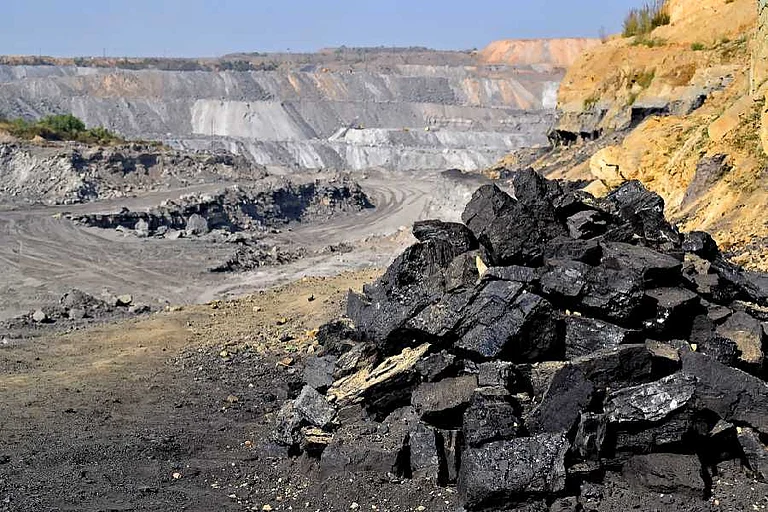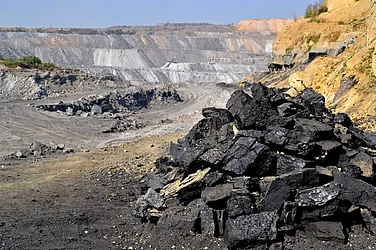Sri Lanka is facing its worst economic crisis in years. The acute shortage of US dollars in the country has pushed up the price of basic food items including milk, that are essential for regular meals and food businesses. The island country is facing a double whammy of increasing prices and high external debt.
Faced with an acute economic and energy crisis, triggered due to a shortage of foreign exchange, Sri Lanka’s fuel shortage has forced tens of thousands of people to queue for hours outside petrol pumps. People are also facing long hours of power cuts daily.
According to economists, Sri Lanka’s debt spiral was already on an unsustainable path even before the pandemic dried up the tourism funds.
With a number of socio-political grounds inducing a growing crisis in the country’s economy, Sri Lanka has joined the line of countries that have undergone similar crises.
1. Afghanistan
Afghanistan's economic and humanitarian crisis has deepened since the Taliban took control in August. Since the withdrawal of the US force from Afghanistan, acute malnutrition has been ruling over the country causing food shortage and threatening food security. A report by Human Right Watch stated that at least 55 per cent of the population is “expected to be in crisis or emergency levels of food insecurity” through March 2022, according to the United Nations. Over time, multiple humanitarian organisations have issued warnings about the sheer scale of the crisis and its impact worsen with many Afghan children starving to death every day.
2. Venezuela
The economic crisis in Venezuela has been ongoing for decades. One out of every three Venezuelans is food-insecure and in need of urgent food supplies, according to the World Food Programme (WFP). Further the Covid-19 induced pandemic has worsened the country’s humanitarian and economic crisis further. A consistent shortage of fuel, electricity and clean water has sparked several riots over years, leaving hundreds of migrants with no choice but to flee again. The crisis started for the first time during the presidency of Hugo Chávez and has worsened with an uprising of political opposition to President Nicolás Maduro.
3. Middle East
The situation in the Middle East has deteriorated significantly in more countries and in more ways in the last two years, reports AP. Lebanon, Syria, Iraq, Libya and Yemen are teetering on the brink of humanitarian catastrophe, with skyrocketing poverty and an economic implosion that threatens to throw the region into even deeper turmoil. There was a time not long ago when uprisings and wars in the Arab world topped the agenda at the U.N. General Assembly meetings in New York.
4. Russia
Moscow’s war on Ukraine and the ferocious financial backlash it’s unleashed are not only inflicting an economic catastrophe on President Vladimir Putin’s Russia. The repercussions are also menacing the global economy, shaking financial markets and making life more perilous for everyone from Uzbek migrant workers to European consumers to hungry Yemeni families. Russia is a vitally important supplier of oil, natural gas and metals, and higher prices for those commodities are sure to inflict economic damage around the world. Europe relies on Russia for nearly 40% of its natural gas and 25% of its oil. For the European continent, Russia’s war has significantly heightened the likelihood of runaway inflation, another economic setback or both.
5. Sudan
Four months after a military coup plunged the African nation into further turmoil, cash-strapped Sudan, early in March, announced it will float the country’s currency as economic conditions deteriorate further. The Central Bank of Sudan said banks and exchange firms will determine the value of the Sudanese pound based on supply and demand. The central bank governor, Yahai Hussein Ganqoul, said there will be no interference from the central bank. The move is likely to cause a swift increase in prices of commodities and services in response to a drop in the value of the pound. Sudan devalued its currency in February last year, and the exchange rate had been stable, though in recent weeks it spiked on the black market again.
(with inputs from agencies)






















